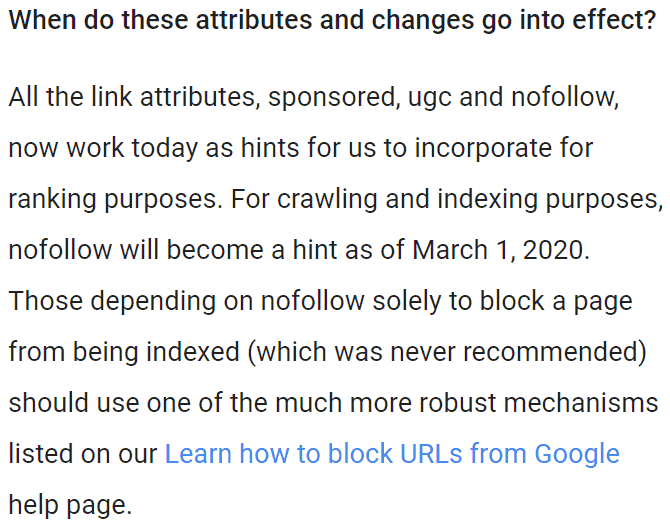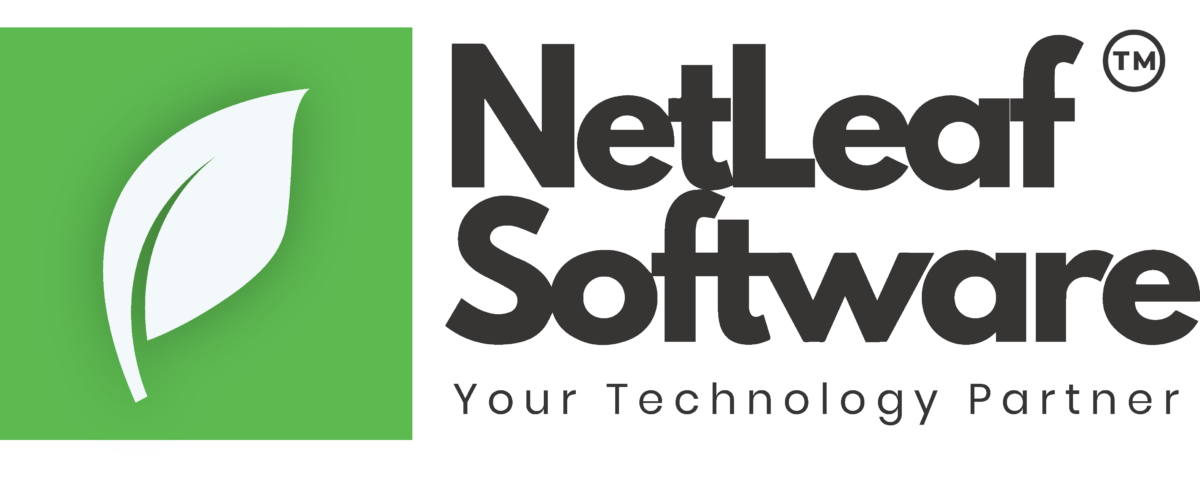In late 2019 Google announced a two-part update to how it treats nofollows. The first part that affects rankings has already happened. The second update that affects crawling and indexing rolls out on March 1, 2020.
What is the March 1 2020 Nofollow Update?
The change will affect the crawling and indexing of nofollow links. Google previously treated nofollow links as a directive. Google obeyed the nofollow link attribute and didn’t crawl or index them.
This changes on March 1st, 2020. Beginning on March 1st Google will treat nofollow links as a hint for the purposes of crawling and indexing.

Review Your Nofollow Policy
Some publishers used nofollow in order to keep pages from being crawled. Typical pages linked with a nofollow could be links to user profiles, links to login pages and links to sections of a website that could be construed as thin pages.
Using nofollow for blocking Google from crawling and indexing a page was never a good practice. There are more robust ways to keep pages from being indexed (such as the meta robots noindex directive).
Will Nofollow Update Impact Rankings?
It’s difficult to forecast how the update to crawling and indexing nofollow links may impact rankings. It may depend on what pages Google chooses to crawl and index.
Google may set up rules for selecting which pages to index and which to not index. It’s not far fetched that Google will choose not to index low quality pages.
Takeaways
1.Be Aware of the Nofollow Hint Update
When it comes to money and search rankings, ignorance is not bliss. Be aware that this change is happening on March 1st, 2020.
Should rankings or traffic begin changing then the nofollow crawling and indexing update may be something to investigate.
2. Review Use of Nofollow
Poor deployment of nofollow may lead to unintended consequences. It may be useful to review how nofollows are used on your web pages and decide if it’s time to remove them and move to a meta robots noindex.

